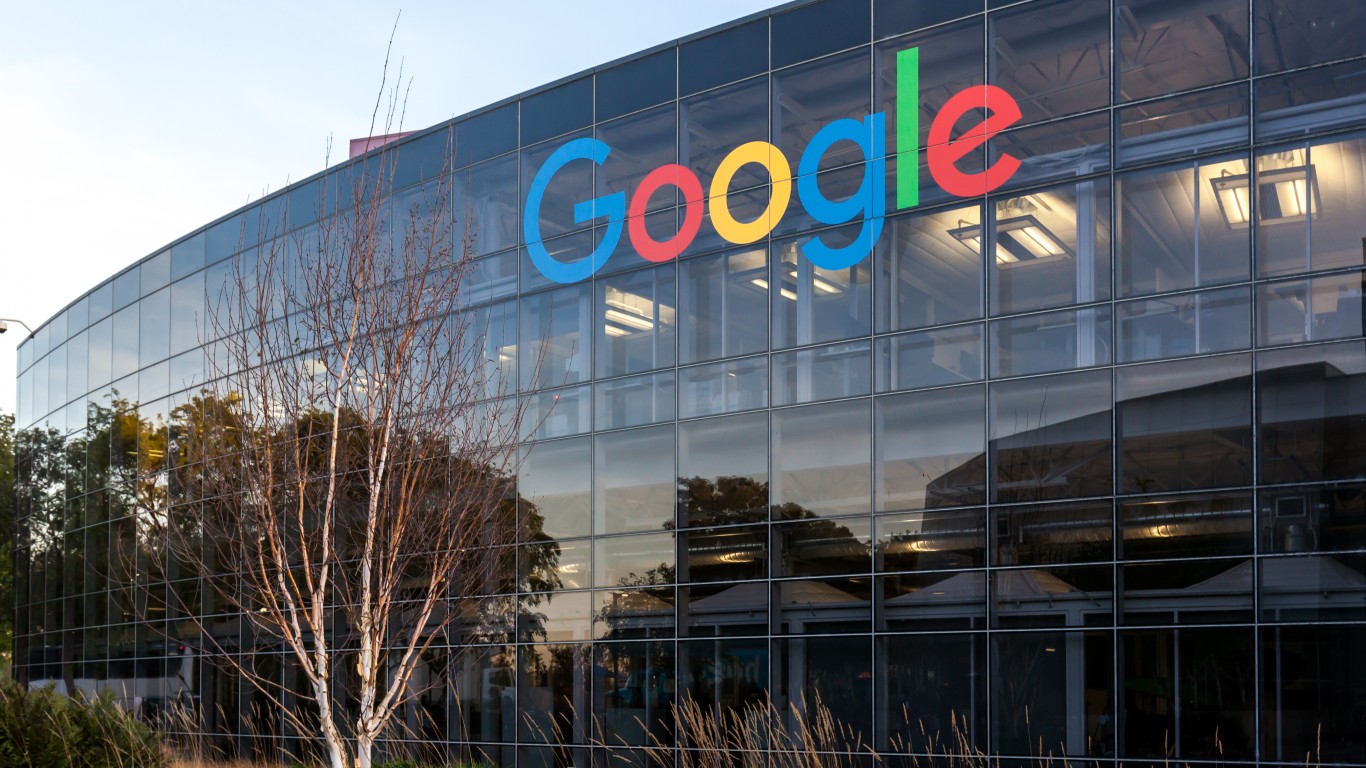
"For years, the U.S. Department of Justice (DOJ) has targeted Alphabet ( NASDAQ:GOOG )( NASDAQ:GOOGL ), Google's parent company, in a high-stakes antitrust battle, accusing it of leveraging its near-monopoly in online search to stifle competition. With Google commanding roughly 90% of the search market, the DOJ argued that the tech giant's dominance, bolstered by exclusive deals and its Chrome browser, created unfair barriers for rivals."
"Prosecutors argued that Google's exclusive contracts with device makers like Apple ( NASDAQ:AAPL ) and Samsung, costing over $26 billion annually, ensured its search engine was the default choice on smartphones and browsers, effectively locking out competitors. These deals, combined with Google's ownership of Chrome and Android, created a self-reinforcing cycle that entrenched its dominance. The DOJ also highlighted Google's vast search data as a competitive moat, arguing that rivals needed access to this data to build viable alternatives."
The DOJ pursued Alphabet for leveraging a near-monopoly in online search, citing about 90% market share and exclusive deals that favored Google. Prosecutors argued contracts with device makers like Apple and Samsung, reportedly costing over $26 billion annually, secured Google's default placement and hindered rivals. The DOJ emphasized Google's control of Chrome and Android and the competitive advantage provided by vast search data. A district court ordered Google to end exclusive search deals and share some data but declined to force divestiture of Chrome, prompting a pre-market 6% stock rise. Google warned remedies could harm innovation and privacy.
Read at 24/7 Wall St.
Unable to calculate read time
Collection
[
|
...
]